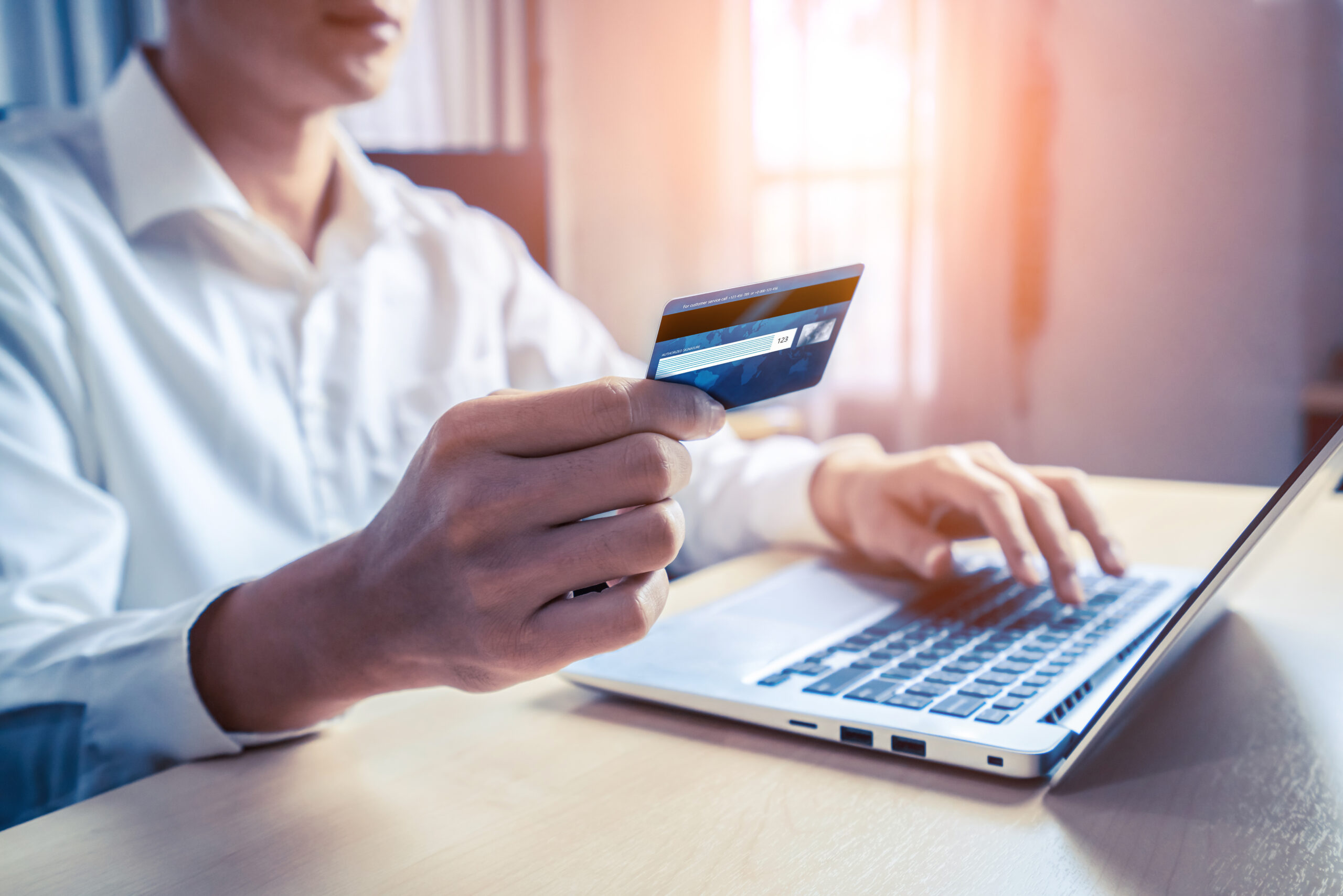My step mother had a surgical procedure done the other day which required an overnight stay and change to her medications. Since my Dad is no longer driving long distances, I went to spend a few nights with them so that I could take step mother to the hospital, and take Dad back and forth to the hospital to see her after the procedure and pick her up the next morning.
Fortunately, everything went well and we headed home the next day. The hospital reviewed all of the instructions and gave us the new prescriptions that needed to be filled. Neither Dad or my step mother were up for standing in line at the pharmacy, so I dropped them off at the house and went to get the prescriptions filled.
My step mother handed me her credit card and driver’s license so that I could use it to pay for the prescription. I was quite certain when I presented a credit card that was not mine, that I would be questioned. I was therefore prepared to use my own credit card to make the transaction go more smoothly.
To my surprise and amazement, the pharmacy simply had me swipe the card to pay for the prescriptions. They did not ask for any identification, nor did they try to validate the card that I was using for payment. I remember when they used to check signatures, and in some cases, stores are checking identification. But none of those checks were conducted for me that day.
So how do we avoid having our credit card used by the wrong person. Here are a few tips to protect your credit cards.
- Maintain Possession of Your Card: Do not give your card to anyone who will leave your home and make purchases for you on your behalf UNLESS you really know and trust them. If you have caregivers coming into your home and they offer to buy your groceries or pick up your medications, make other arrangements for payment of those items. For example, establish a petty cash fund or call the pharmacy and provide payment information ahead of the caregiver’s arrival.
- Review Your Credit Card Statement Every Month: Review the charges on your card each month to make sure that you recognize those charges. Saving the paper charge slips and comparing them to the statement is one way to remember if you made the charge on your credit card. If you are uncertain about a charge, call the credit card company and ask them to describe where the charge was made.
- Cancel Your Card If in Doubt: If you are concerned or uncertain about a credit card and whether it has been compromised, it is safer to cancel it and have a new one issued.
- Maintain Only One or Two Credit Cards: The way to minimize your exposure to credit card theft or misuse is to have only one or two credit cards open. When the department stores offer me additional money off if I open another card, I simply decline. Focusing on only one card that offers some type of rewards also gives you a concentration of points for travel and other items.
Article Written by Reba Rogers. Reba Rogers, CPA, is the founder of CPA Secure Aging, a group of care managers who preserve the independence and protect the assets of seniors by helping them with financial management.




Comments are closed